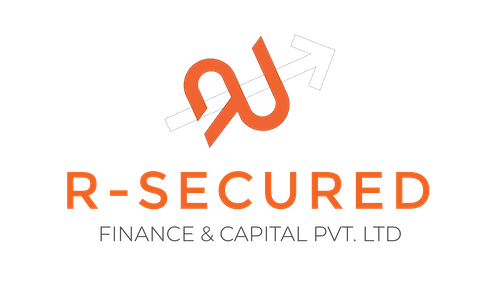10 Essential Money Management Habits for Financial Freedom
In today's world, achieving financial freedom isn't just a dream; it's a tangible goal within reach for those who are willing to commit to sound money management habits. By adopting these 10 transformative practices, you can pave the way for a future where financial worries are a thing of the past, and your aspirations take centre stage.
- Budgeting Brilliance
Establishing a comprehensive budget lays the groundwork for effective financial management. By meticulously tracking income and expenses, you gain valuable insights into spending patterns, empowering you to make informed decisions and allocate resources wisely. Your budget acts as a guiding compass, steering you towards financial goals while preventing unnecessary splurges that could derail your progress.
Tips for Budgeting Success:
- Utilize budgeting apps or spreadsheets for efficiency.
- Regularly review and adjust your budget to reflect changes.
- Set realistic goals and celebrate milestones along the way.
- Conquer Debt, Unlock Liberation
Debt can weigh heavily on your financial well-being, hindering long-term goals. Prioritizing debt repayment is essential for regaining control and unlocking a future free from interest shackles. Create a strategic plan to tackle each debt, starting with high-interest obligations or those with the smallest balances.
Debt Repayment Strategies:
- Explore debt consolidation for simplified payments.
- Negotiate with creditors for better terms.
- Temporarily reduce discretionary spending to allocate more towards repayment.
- Mindful Spending Mastery
Mindful spending involves consciously evaluating purchases, aligning them with values and goals. Distinguish between needs and wants, ensuring money is directed towards what truly matters. Cultivating mindful spending habits prevents mindless consumption and redirects funds to meaningful pursuits.
Mindful Spending Strategies:
- Implement a cooling-off period before major purchases.
- Explore minimalism to curb excessive consumerism.
- Practice gratitude and contentment with current possessions.
- Building the Safety Net: Emergency Funds
Life's unexpected expenses require a well-stocked emergency fund. Saving three to six months' worth of living expenses provides a financial safety net, alleviating stress and preventing further debt accumulation.
Emergency Fund Tips:
- Treat contributions as non-negotiable expenses.
- Resist dipping into the fund for non-emergencies.
- Promptly replenish the fund after use.
- Credit Score Care
A healthy credit score opens doors to financial opportunities. Consistently making timely payments, keeping credit card balances low, and monitoring credit reports are essential for maintaining a positive credit history.
Credit Score Improvement Strategies:
- Set up automatic payments or reminders to avoid late fees.
- Consider becoming an authorized user on a trusted credit card.
- Utilize secured credit cards or credit-builder loans for rebuilding credit.
- Accelerated Debt Repayment
Paying more than the minimum accelerates the debt-free journey, saving money in the long run. Allocate extra funds towards debt repayment, utilizing strategies like the debt avalanche method to maximize savings.
Accelerated Debt Repayment Strategies:
- Explore debt consolidation for lower interest rates.
- Negotiate with creditors for reduced rates.
- Temporarily reduce discretionary spending for more repayment funds.
- Goal-Setting and Financial Planning
Establishing clear financial goals provides motivation and direction. Break down goals into actionable steps, regularly reviewing and adjusting them as circumstances change.
Goal-Setting Strategies:
- Visualize goals with vision boards or techniques.
- Involve an accountability partner for support.
- Reward yourself for achieving milestones.
- Maximizing Income
Increasing income accelerates financial stability. Explore additional income streams aligned with skills and interests, allocating earnings towards financial goals.
Additional Income Stream Ideas:
- Rent out spare space or offer tutoring services.
- Start a side business or freelance in expertise areas.
- Participate in online surveys or focus groups.
- Optimizing Subscriptions
Auditing subscriptions eliminates unnecessary expenses, freeing up funds for priorities. Regularly review and cancel subscriptions that no longer align with current needs.
Subscription Optimization Tips:
- Set reminders for quarterly or annual subscription reviews.
- Explore bundling or sharing subscriptions for cost savings.
- Seeking Cost-Effective Alternatives
Embrace a cost-conscious mindset to maximize savings. Review recurring expenses and explore more affordable options, implementing energy-saving measures and utilizing cashback apps for additional savings.
Cost-Saving Strategies:
- Renegotiate contracts for better rates.
- Utilize energy-saving measures to reduce bills.
- Explore second-hand options for non-essential purchases.
Embracing these 10 financial habits paves the way towards security and independence. Celebrate victories, remain resilient, and stay committed to long-term goals. With discipline and perseverance, financial freedom is achievable.



